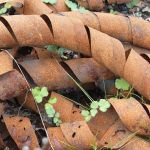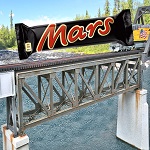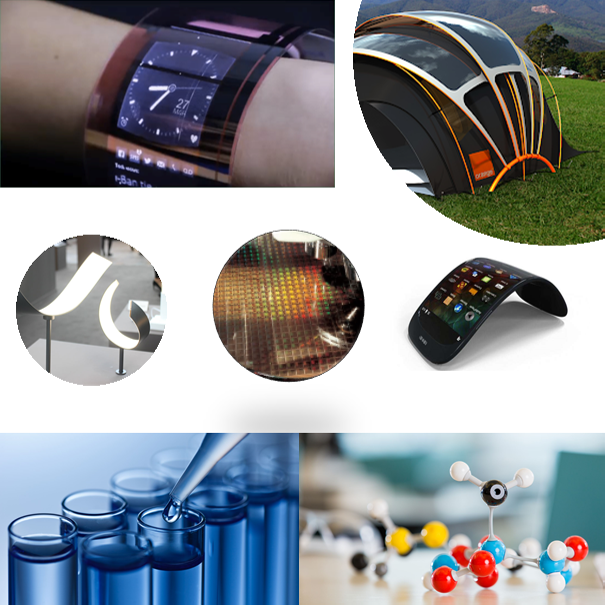
Metal circular economy: Turning metal waste into bespoke products
We all use things with metals in them - from cars to laptops to tins of food - and machining the metal parts creates waste or 'swarf'. What if we could turn that waste into something useful - into more metal parts? Not only would it reduce waste but it would save money, save resources, and help save the environment!
The good news is...we CAN do this!
It's called a metal 'circular economy' and we'd love to show you how it works. Join Dr. Dikai Guan and other researchers to learn all about the exciting stories about...
1. How do we work with industry partners to make ideas come true?
2. How do we use cutting-edge manufacturing techniques to turn metal waste into bespoke products?
3. How can we use advanced electron microscopy techniques to look into what are inside the materials?
4. How does our research contributes to a sustainable society?
The good news is...we CAN do this!
It's called a metal 'circular economy' and we'd love to show you how it works. Join Dr. Dikai Guan and other researchers to learn all about the exciting stories about...
1. How do we work with industry partners to make ideas come true?
2. How do we use cutting-edge manufacturing techniques to turn metal waste into bespoke products?
3. How can we use advanced electron microscopy techniques to look into what are inside the materials?
4. How does our research contributes to a sustainable society?
You may also like

Mars-Bar Bridge Building Challenge
Where will you end up on the leader board? Will your structure be a Tay Bridge failure or a Tower Bridge triumph? You only have paper and tape as building materials, and the loa ...Read More
Boldrewood Innovation Campus

Flexible Nanoelectronics
Future electronics will be smart, flexible, bendable, made from sustainable, not-toxic materials and will be easy to recycle. We use nanotechnology and draw inspiration from na ...Read More
Highfield Campus
 - v2.jpg)
